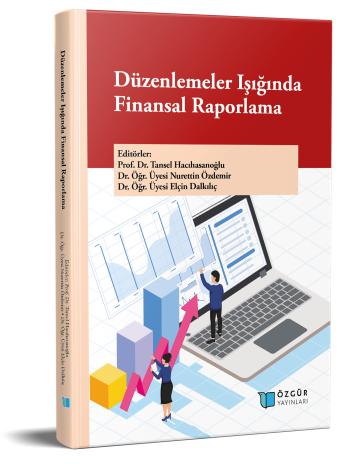
Accounting for Foreign Exchange Differences within Financial Reporting Frameworks
Chapter from the book:
Hacıhasanoğlu,
T.
&
Özdemir,
N.
&
Dalkılıç,
E.
(eds.)
2023.
Financial Reporting in the Light of Regulations.
Synopsis
This study includes the accounting of foreign currency transactions and exchange rate differences as a natural result of changes in exchange rates. According to the TMS/TFRS, BOBI FRS and KUMI FRS standards in force in Turkey, there are provisions on how foreign currency transactions will be accounted for and in which items they will be reported as a result of the valuation transactions. In this study, based on the relevant provisions, the transactions resulting from the activities of the companies are exemplified. These examples explain the exchange rate used in foreign currency transactions and how the effects arising from changes in this rate are accounted for. In financial statements, transactions conducted in a currencies other than the reporting currency are considered. How exchange rate differences will be accounted for varies depending on whether the items included in the financial statements are monetary or non-monetary. Also, determining the value of non-monetary items according to the cost value or fair value method requires reporting the resulting exchange rate differences according to these measurements. In this study, carried out in line with all these provisions, the principles regarding the accounting of foreign currency transactions and the effects arising from these transactions are set forth.

